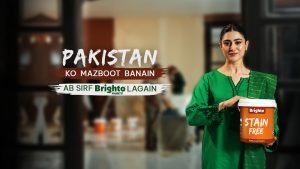Doctor Osman Bashir Tahir also known as Doctor OBT has long been the go to person for the best aesthetic services in Pakistan and London. He leads Halcyon Aesthetics London which furthers his attempt to make you feel and look the best version of yourself.
We had a chance to have a one on one with the man himself as he highlights the services provided by his clinics as well as the issues surrounding regulation in the industry.
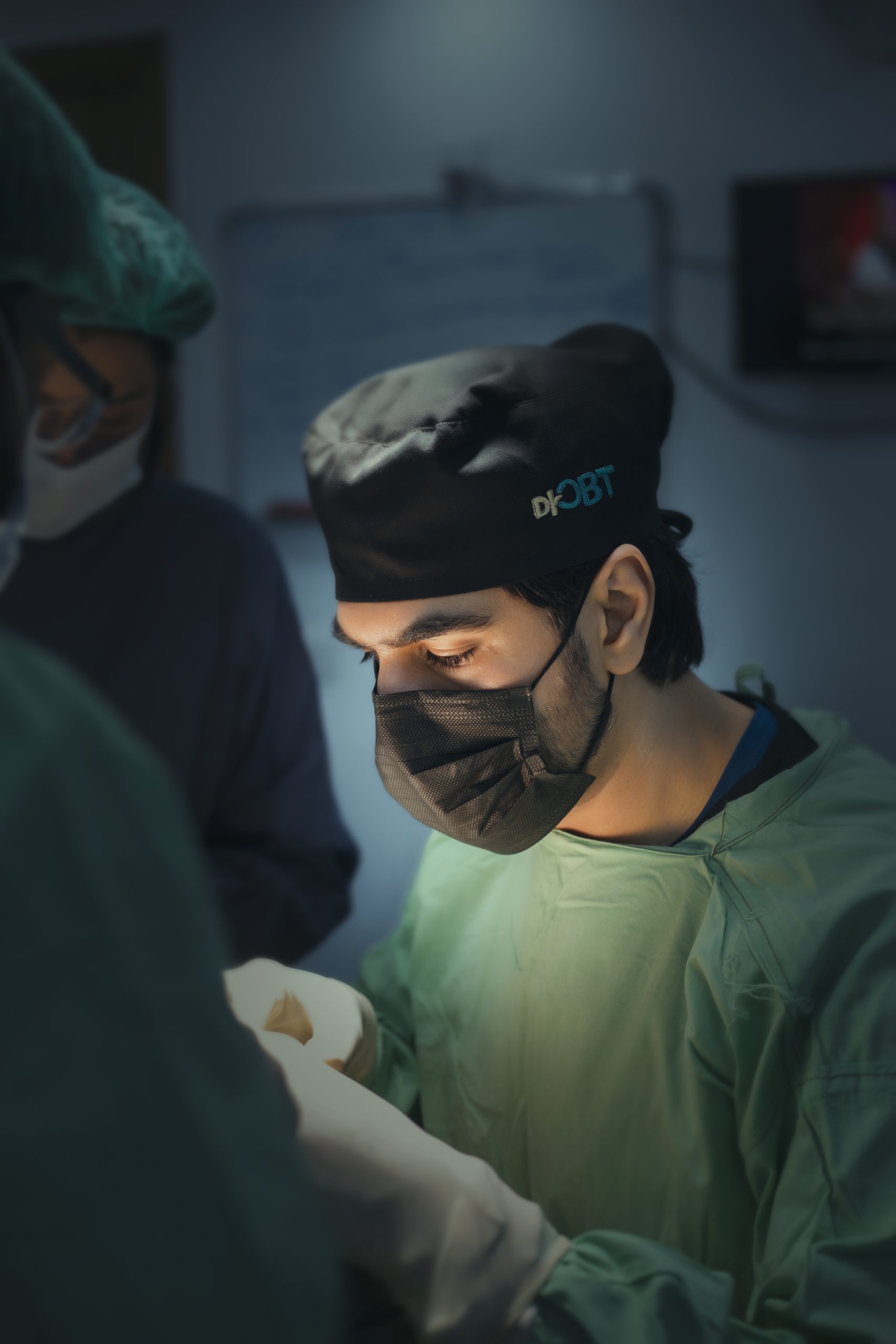
You have an astounding clientele in Pakistan, what do you think makes you stand out from the crowd?
Thank you. It is the blessings of Allah. We started in February 2011, and we have worked hard as a team to build up this clientele. I feel what sets us apart is that we deliver consistent results, and make sure to understand the needs of the patient. We are only successful when our patient is satisfied and returns for his/her advised treatments, hence our focus is on patient satisfaction and experience!
What made you start a clinic in London? How was the feedback?
Our brand had to grow globally and London is like a second home to many Pakistanis. Feedback has been very positive, Allhamdulillah.
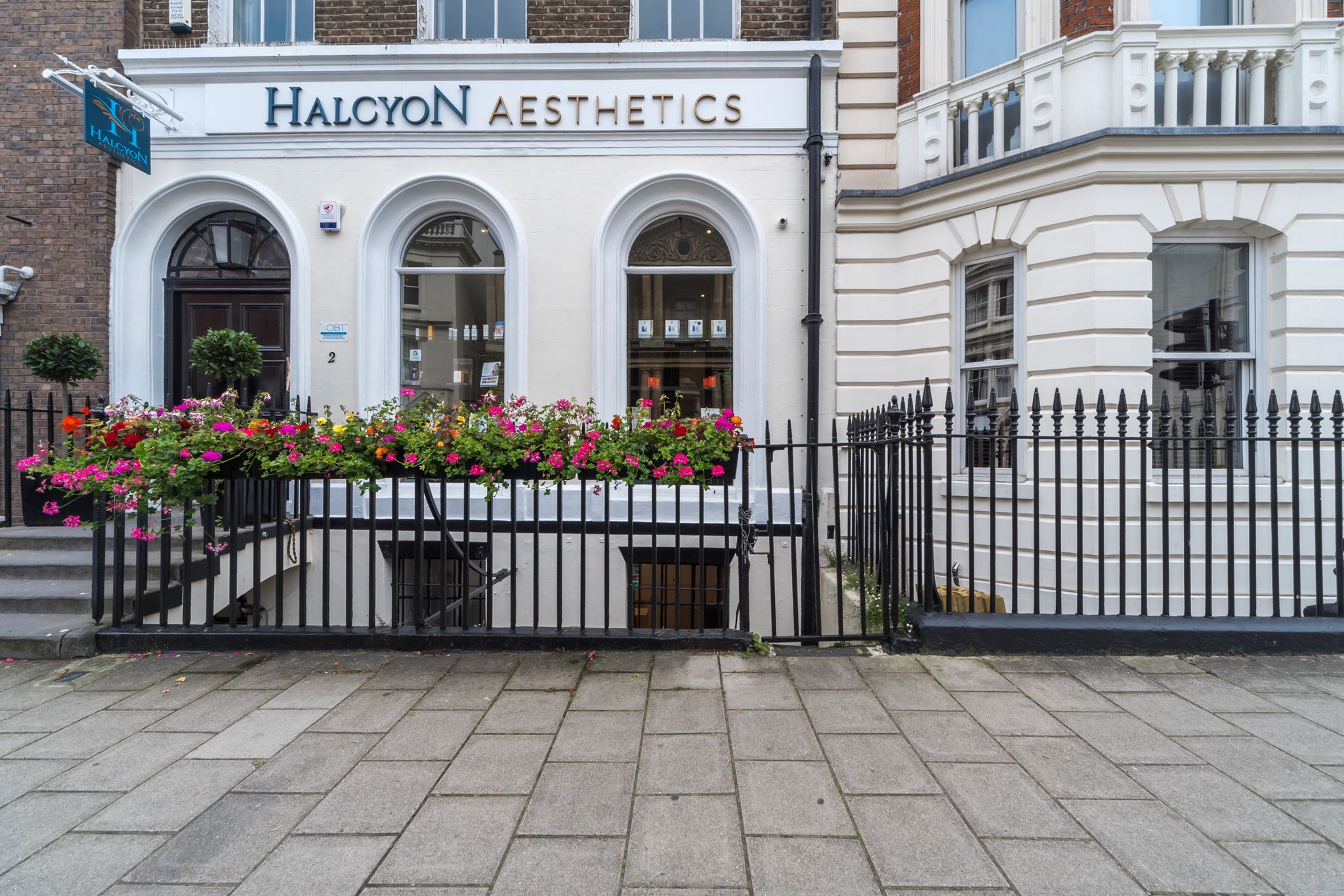
What services provided by your clinic in London are the most popular?
Our nonsurgical Face and body treatments have done very well. We have invested in top technology to deliver good results, and our central London location enables easy access and convenience.
Do people’s demands for aesthetic surgeries vary because of their geographic backgrounds? If yes, how do you master the requirements and demands of such a diverse clientele?
Absolutely. This is where experience from working in London at the early stage of my career, and then coming back to Lahore enabled me to treat all kinds of patients as a Plastic and reconstructive surgeon. It is experience as a physician first, then as a surgeon, finally as a specialist which has helped to understand and deliver results.
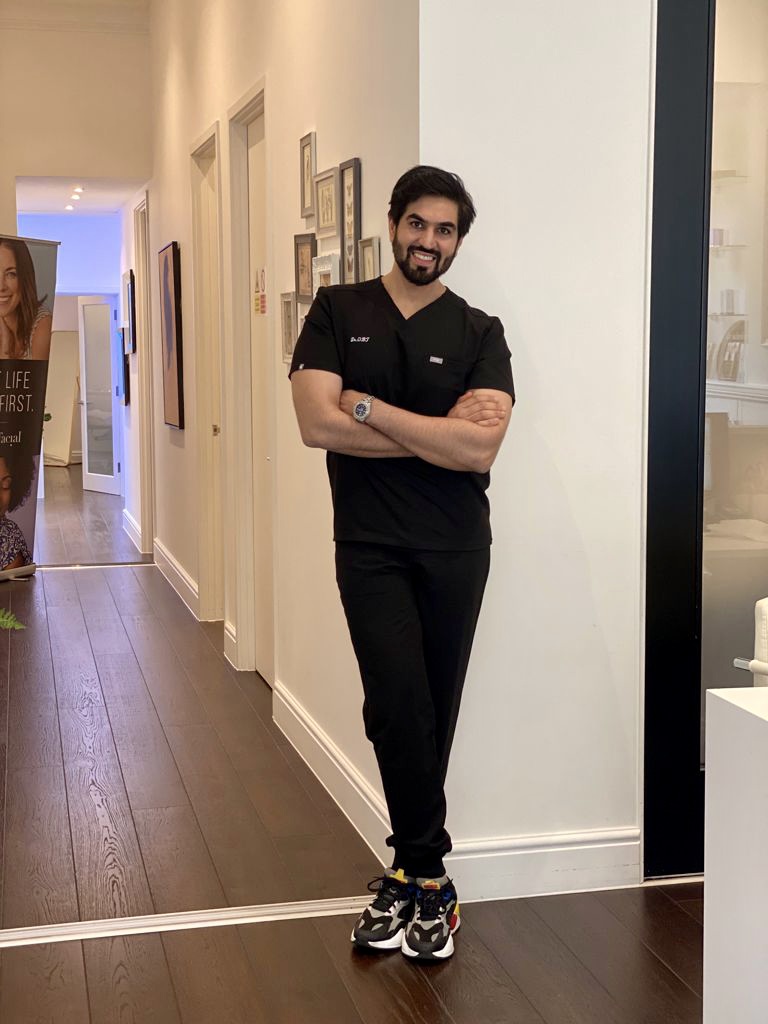
Having been in this industry for a long time, how has the field evolved?
In Pakistan, I feel we created a lot of the awareness seen today, but we have a long way to go. People compromise on quality, and want quick results, with minimum investment. Many ‘salesmen’ have opened clinics, and promise them such results, but eventually they come to us and have spent a lot of their time and money and lost trust as a result. It is a pity, but I have seen more and more patients with bad experiences, and complications from such places. Unfortunately it will get worse, as there is lack of regulation in Pakistan.
What are the challenges of going International? How do you tackle them?
I work hard and trust Allah in His guidance. Nothing comes easy in life, and I enjoy challenges.
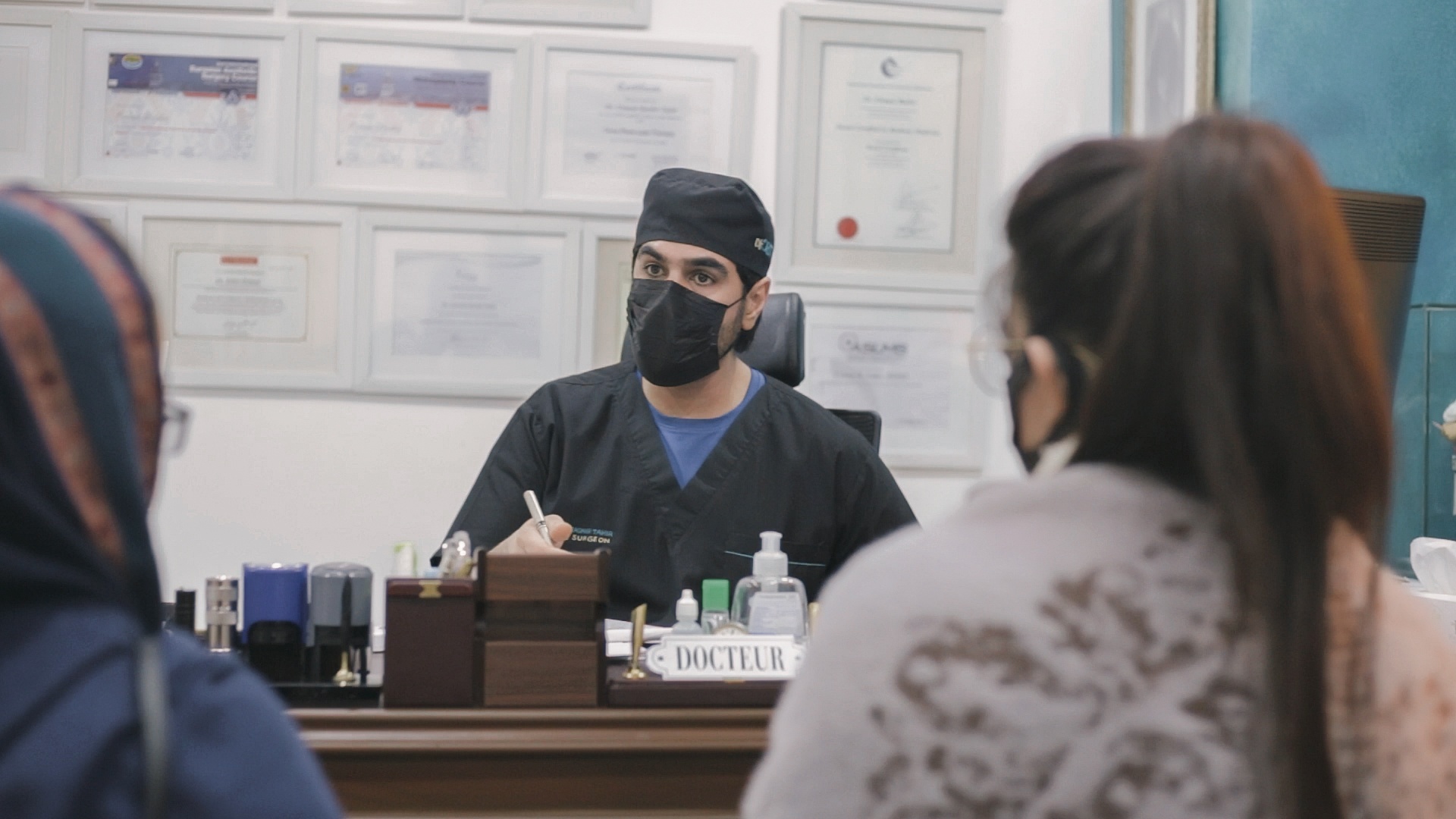 How do you deal with the negativity that sometimes surrounds aesthetic and cosmetic surgeries?
How do you deal with the negativity that sometimes surrounds aesthetic and cosmetic surgeries?
Steve Jobs once said: “If you want to make everyone happy, don’t be a leader – go sell ice cream.”
I also know people who don’t like ice cream! So, I am not here to make people happy. I am here to provide evidence-based medical services for those who need help from a specialist.
Unfortunately once people get similar treatments from elsewhere, they are quick to make a judgement that everyone is the same, but that is not the case. There is a difference between doctors, their qualifications, experience and products they use.
What’s the future for this industry, what services seem more approachable due to the advancement in technology which might not have appeared possible in the past?
This is the most innovative field in medicine. Non-invasive treatments are getting better, but nothing will take place of a classical abdominoplasty (tummy-tuck) or surgical facelift, for example. However regenerative nonsurgical treatments, which boost your own collagen and elastin, have gained immense popularity. It’s best to have a proper consultation with an expert, and study the treatment, see before/afters and even discuss with patients who have done a treatment before making a decision to opt for any treatment.








